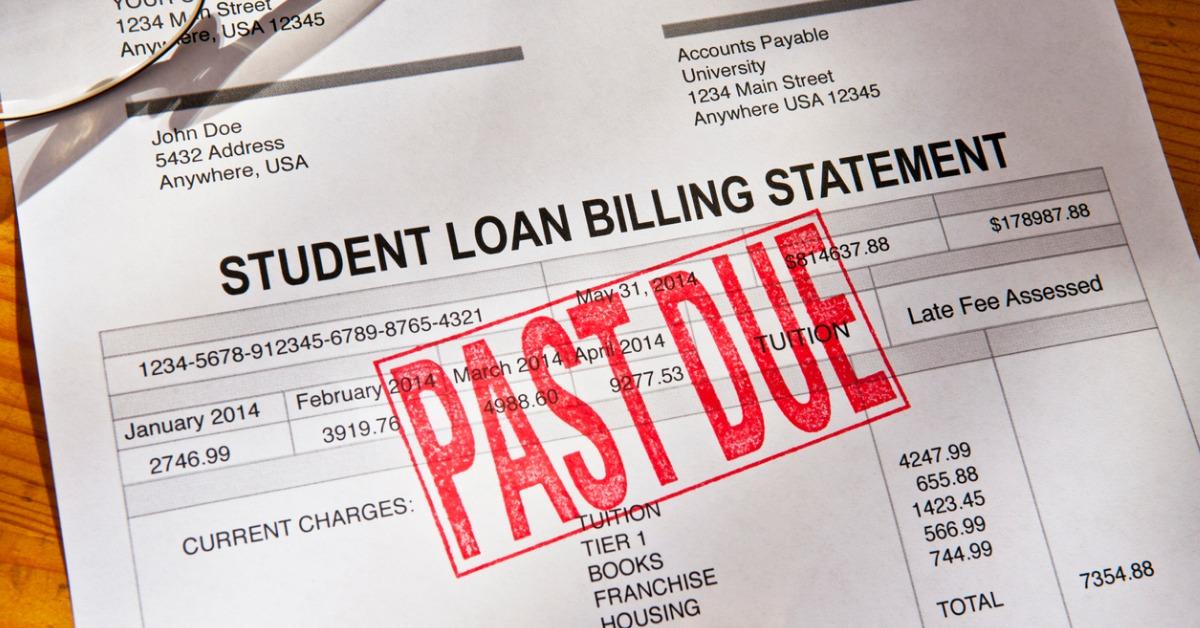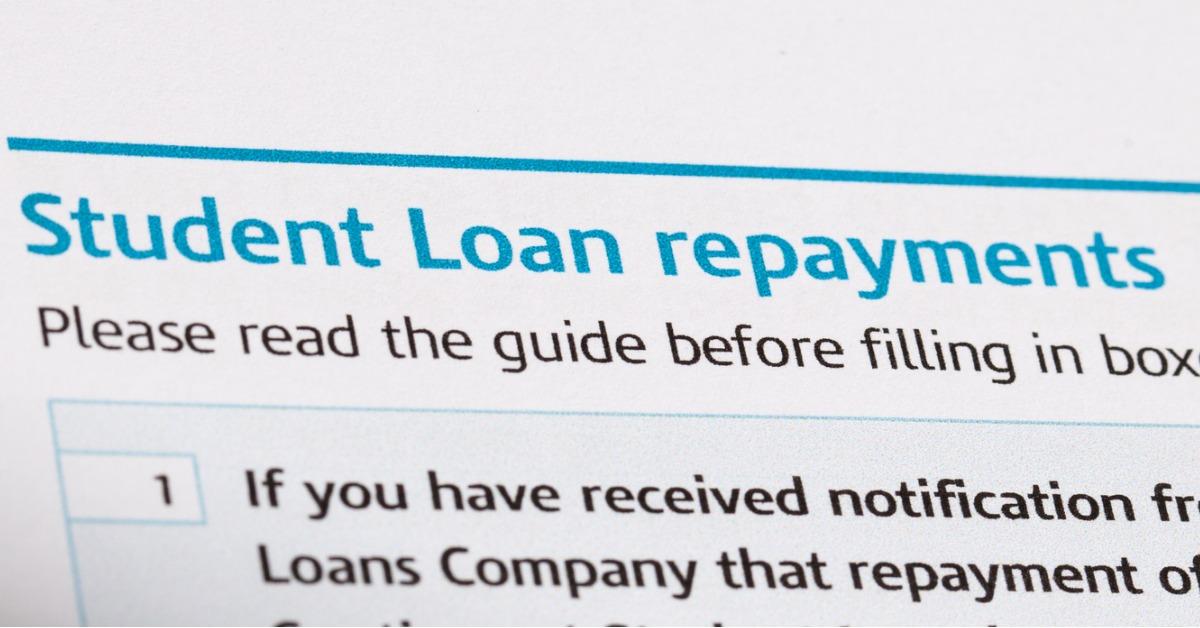Is Student Loan Interest Tax Deductible?
Is your student loan interest tax deductible and how does one calculate it if that is the case?
Aug. 24 2020, Updated 12:38 p.m. ET

Year after year, borrowers find themselves paying back their student loans incrementally, mostly through monthly interest payments and perhaps a bit of principal. So when tax time comes, many of those borrowers want to know if the money they have been dumping into that interest can be itemized on their tax return.
Is student loan interest tax deductible?
The answer is, yes, student loan interest payments are technically tax deductible, so long as a number of factors are met. First, it is important to understand that you can only deduct interest paid on your taxes, not the entire student loan payment amount. The principal portion of the debt is not tax deductible.

How do these student loan tax deductions work?
Student loan interest is deductible if your modified adjusted gross income (MAGI) was less than $70,000 in the past tax year. However, if your MAGI was between $70,000 and $85,000, you can deduct a reduced amount of interest that you paid.
How much can I deduct from my student loan tax payments?
The maximum deduction you can make on your student loan interest is $2,500 from your taxable income. Any interest paid beyond that will not be deducted.
It is important to note that student loan interest is not an itemized deduction. This deduction is taken above-the-line. This means that you subtract the interest you paid to lower your taxable income.

How can I show proof of the amount of interest paid?
The IRS requires proof of the amount of interest you paid on your student loans in the prior year. Luckily, federal loan servicers provide proof of these payments by way of a Form 1098-E, which they send directly to you as long as you have paid $600 or more during the year toward interest owed.
How to calculate student loan tax deductions:
The student loan interest deduction is claimed as an adjustment to income on IRS Form 1040. In order to qualify for this deduction, the student loan must have been taken out for either the taxpayer, their spouse, or their dependent(s). If you do qualify, you can take both the student loan interest deduction and the standard deduction.
Please note, if the student is the legally obligated borrower, a parent who helps with repayment cannot claim the deduction. The repayment and therefore the interest deduction goes to whomever is legally obliged to pay it back.

Further exclusions
If your filing status is married filing separately, then you cannot claim your spouse's student loan interest deduction. This is also true if you’re listed as a dependent on someone else's tax return.

Managing the interest
Many Americans struggle to pay back their student loans. Most who do try to keep up with payments on a monthly basis only end up paying back the interest, not the principal. Therefore, it is important to understand how these interest payments can be translated into your tax return.
The system is not perfect but the options for borrowers to recoup some of that money is there; if one knows where to look.
